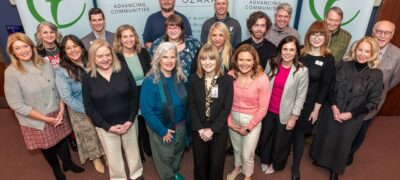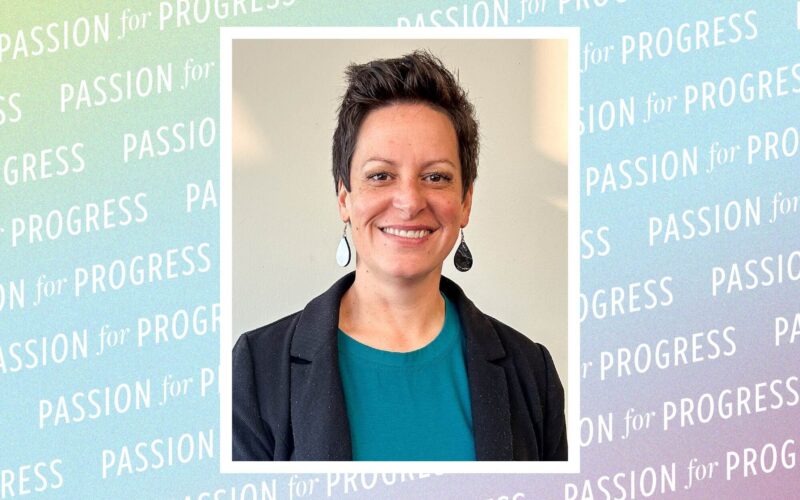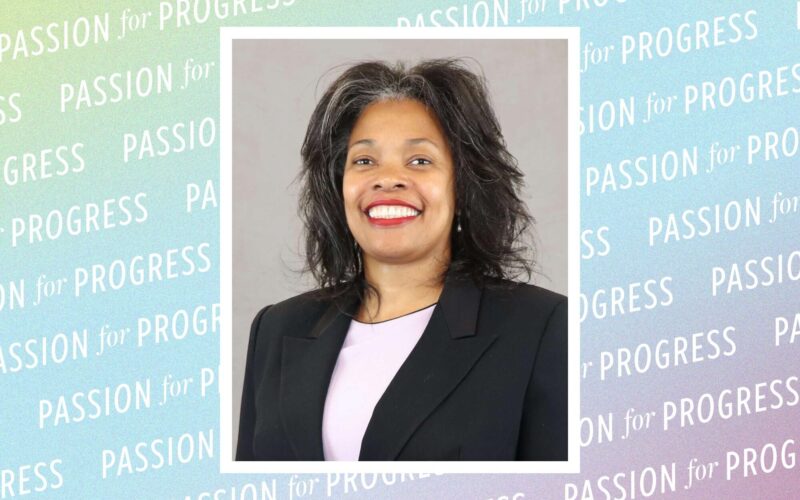by Brian Fogle, President & CEO
Expecting Loveliness
“You see, Mrs. Higgins, apart from the things one can pick up, the difference between a lady and a flower girl is not how she behaves, but how she is treated. I shall always be a common flower girl to Professor Higgins, because he always treats me like a common flower girl, and always will. But I know that I shall always be a lady to Colonel Pickering, because he always treats me like a lady, and always will.”
—Eliza Doolittle, My Fair Lady
Recently, I attended the first ever “Equity Summit,” hosted by the Missouri Department of Higher Education. The goal of the event was to increase educational attainment in our state, especially for those who are historically underrepresented. Sessions focused on first-generation students, those from rural areas, students of color and members of low-income families. If we are going to achieve our state goal of having 60 percent of adults with post-secondary degrees or quality credentials by 2025, we have to close the achievement gap. Instead of referring to those groups as “underrepresented,” one of the speakers used the term “historically underestimated.” I love that term.
Labels and names can have such an impact on how we see others, and therefore, how we treat them. I recently read a book that referred to a “loveliness of ladybugs.” Did you know that’s what a group of those beloved bugs are called? Perfect, right? Then I thought about a “murder of crows.” No wonder they’re so pesky. Would we think they behaved differently if we called them a “loveliness of crows?”
Back in the ’60s, there was a study done in Iowa that became known as “Pygmalion in the classroom.” They told one teacher that their classroom was filled with low-achieving, bad students, and another that they were getting the very best students. The truth was exactly opposite.
Guess what? The students reflected each teacher’s expectations. The high-achieving students began underperforming, while the lower-achieving ones blossomed. I’ve always been concerned about the ethics of that research, granted, but it certainly proved a point.
Labels can be good for canning fruit and making sure you get the right dry cleaning back, but they can be detrimental to so many other human-related outcomes. I’m all for the “loveliness of children”— all children.
I’m thankful there are so many teachers in our region that see their students with this kind of optimism. If more of us thought that way, I’m guessing we would make different decisions with public policy, and maybe our own actions.
Brian Fogle is the president and CEO of the Community Foundation of the Ozarks.



